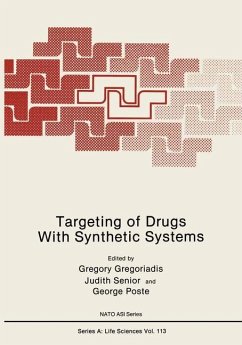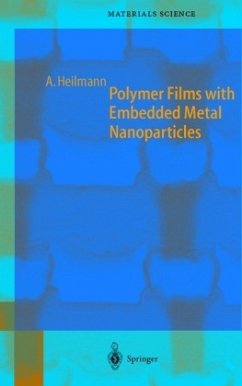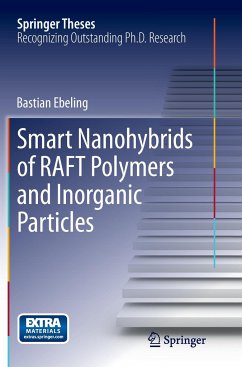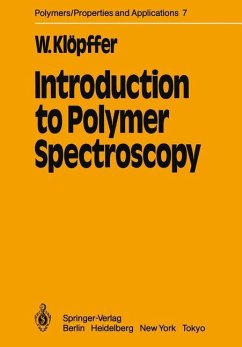
Smart Microgel Particles with Tuneable Responses
Synthesis, Properties and Application of Well- Defined Core-Shell Microgels
Versandkostenfrei!
Versandfertig in 6-10 Tagen
45,99 €
inkl. MwSt.

PAYBACK Punkte
23 °P sammeln!
Colloidal microgels that are able to alter their volume and properties in response to environmental stimuli are attractive materials for various applications. However, current methods to prepare microgels that possess both pH- and temperature-sensitive properties still suffer from two major drawbacks: 1) Limit to the use of pH-sensitive vinylic monomer. Thus, many pH-sensitive polymers like bio- and synthetic polymers cannot be used. 2) Phase transition temperature of the polymer is influenced by protonation degree of the pH-sensitive polymer. In this book, a novel method to prepare smart micr...
Colloidal microgels that are able to alter their
volume and properties in response to environmental
stimuli are attractive materials for various
applications. However, current methods to prepare
microgels that possess both pH- and temperature-
sensitive properties still suffer from two major
drawbacks: 1) Limit to the use of pH-sensitive
vinylic monomer. Thus, many pH-sensitive polymers
like bio- and synthetic polymers cannot be used. 2)
Phase transition temperature of the polymer is
influenced by protonation degree of
the pH-sensitive polymer. In this book, a novel
method to prepare smart microgels that consist of
well-defined temperature-sensitive cores
with pH-sensitive shells is described in details.
The microgels are synthesized directly from aqueous
graft copolymerization of N-isopropylacrylamide or N-
vinylcaprolactam with a crosslinker, from water-
soluble polymer of poly(ethyleneimine) or chitosan.
The well-defined core-shell nanostructure exhibits
tuneable responses to pH, temperature and
electrolyte changes. Thus, this new type of smart
materials should be extremely useful in drug
delivery, biosensing, separation technology, etc.
volume and properties in response to environmental
stimuli are attractive materials for various
applications. However, current methods to prepare
microgels that possess both pH- and temperature-
sensitive properties still suffer from two major
drawbacks: 1) Limit to the use of pH-sensitive
vinylic monomer. Thus, many pH-sensitive polymers
like bio- and synthetic polymers cannot be used. 2)
Phase transition temperature of the polymer is
influenced by protonation degree of
the pH-sensitive polymer. In this book, a novel
method to prepare smart microgels that consist of
well-defined temperature-sensitive cores
with pH-sensitive shells is described in details.
The microgels are synthesized directly from aqueous
graft copolymerization of N-isopropylacrylamide or N-
vinylcaprolactam with a crosslinker, from water-
soluble polymer of poly(ethyleneimine) or chitosan.
The well-defined core-shell nanostructure exhibits
tuneable responses to pH, temperature and
electrolyte changes. Thus, this new type of smart
materials should be extremely useful in drug
delivery, biosensing, separation technology, etc.












